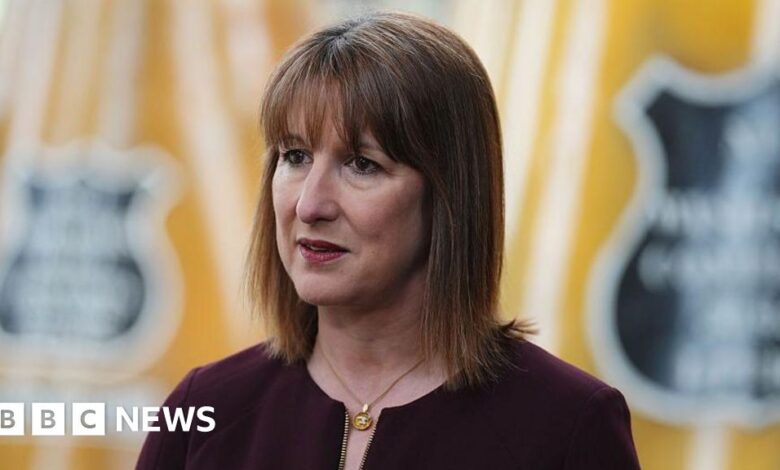Tough choices unavoidable, says IFS

The upcoming government spending plans are expected to bring tough choices across various sectors, as highlighted by the Institute for Fiscal Studies (IFS). The level of spending on health will play a crucial role in determining whether cuts will be necessary in “unprotected” areas such as transport, net zero initiatives, hospitals, schools, and prisons.
While funding has seen a sharp increase in certain areas in 2024, the IFS warns that continuous year-on-year growth may no longer be sustainable given the government’s commitments. The Spending Review scheduled for 11th June will provide details on departmental budgets for the next three years, along with investment budgets for the following four years.
Insiders within Whitehall anticipate a challenging review process, with ministers vying for limited funds for their respective departments. Concerns have been raised regarding allocations for key initiatives like increasing police numbers to combat violence against women and girls, as well as ongoing support for capping bus fares.
Chancellor Rachel Reeves’ stance against additional borrowing and tax hikes has fueled speculation about potential spending cuts. The Conservatives criticize her approach, attributing the tough choices to her past fiscal decisions.
The IFS points out that the government front-loaded spending in the initial years of the parliament term, resulting in a slowdown in expenditure. This shift poses challenges, especially in light of the government’s objectives to enhance the criminal justice system and address prison overcrowding.
The trade-off between health and defense spending remains a critical factor in the Spending Review. Any increase in defense expenditure could lead to deeper cuts in other areas, according to the IFS. The decision to divert funds from the foreign aid budget to boost military spending further emphasizes the need for careful allocation of resources.
The issue of overmanning in the civil service has also come under scrutiny, with calls for greater efficiency and cost-saving measures. Suggestions to enhance productivity and streamline operations across public services have been proposed as potential solutions to navigate budget constraints.
As the government navigates through the complex web of budgetary challenges, the IFS emphasizes the importance of prioritization and efficient resource utilization. While cuts to public services may be inevitable, the road ahead will require strategic decision-making and a focus on delivering essential services within limited budgets.





